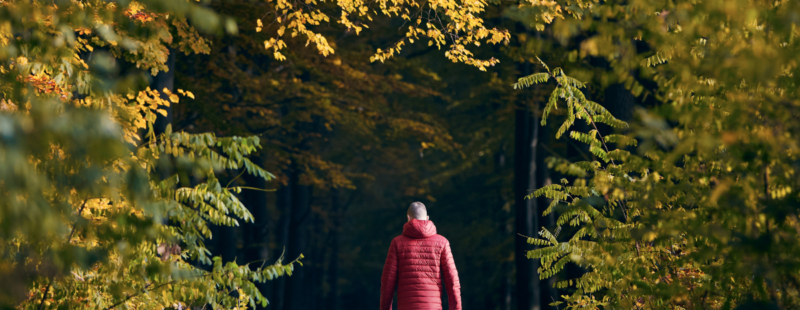There are many causes of loneliness. One important cause is feeling you cannot form meaningful relationships simply because you’re afraid to show who you really are. For gay, lesbian or bisexual people, growing older can be an isolating experience. Being scared to be yourself can mean social withdrawal, creating feelings of profound loneliness. James Taylor, Head of Policy at Stonewall has written this blog post to complement our new collection of essays, Alone in the Crowd: Loneliness and diversity’.
“My grandchildren don’t know me”
We live in a time when younger gay people in the UK are far more likely than earlier generations to feel able to share their sexuality, knowing they’re equal and valued members of society. However, for older gay people likely to have encountered greater discrimination because of their sexuality, it is all too common to have experienced lasting rejection because of who they are – even from family members. As one older gay woman said, “My two grandchildren don’t know me.”
Research shows that older gay, lesbian and bisexual people are more likely to live alone, and that less than a quarter see family members at least once a week. And when you’re unable to rely on the supportive family networks others take for granted, loneliness is almost inevitable.
Don’t ask, don’t tell
As they become more dependent on others in later life, a serious challenge for older gay people is a feeling that – even after a lifelong relationship – they’re unable to show their sexuality, almost as if they are expected to ‘come out’ all over again.
Memories of discrimination can be isolating, as encounters with support agencies seem all too familiar. Early in one older gay couple’s relationship, one would pretend to be the other’s brother so he could make a hospital visit. Many years later, he encountered an A&E receptionist who insisted on designating him ‘single’ despite their civil partnership.
Care homes can create an atmosphere in which residents are afraid to show their true selves. Some older partners may pretend to be friends or relations rather than openly demonstrate a loving gay relationship.
Different needs, equal care
Addressing the loneliness of older gay people means creating environments where everyone can be comfortable being themselves. This doesn’t mean treating people differently: it means treating people equally by recognising the needs unique to them.
For example, Kent County Council has developed a toolkit on sexual orientation, encouraging employees to talk openly about sexuality, and improving understanding among care home staff.
The Opening Doors initiative in London runs lunch clubs, support groups and befriending programs to make sure older gay people experience the kind of friendship and community everyone should enjoy.
We need to make sure the older gay community is visible, welcome, and celebrated. Then we can help ensure no-one in later life need suffer loneliness because of who they are.





No comments on this article yet. Please feel free to submit a comment below.
By submitting a comment you grant Campaign to End Loneliness a perpetual license to reproduce your words and name/web site in attribution. Inappropriate and irrelevant comments will be removed at an admin's discretion. Your email is used for verification purposes only, it will never be shared.